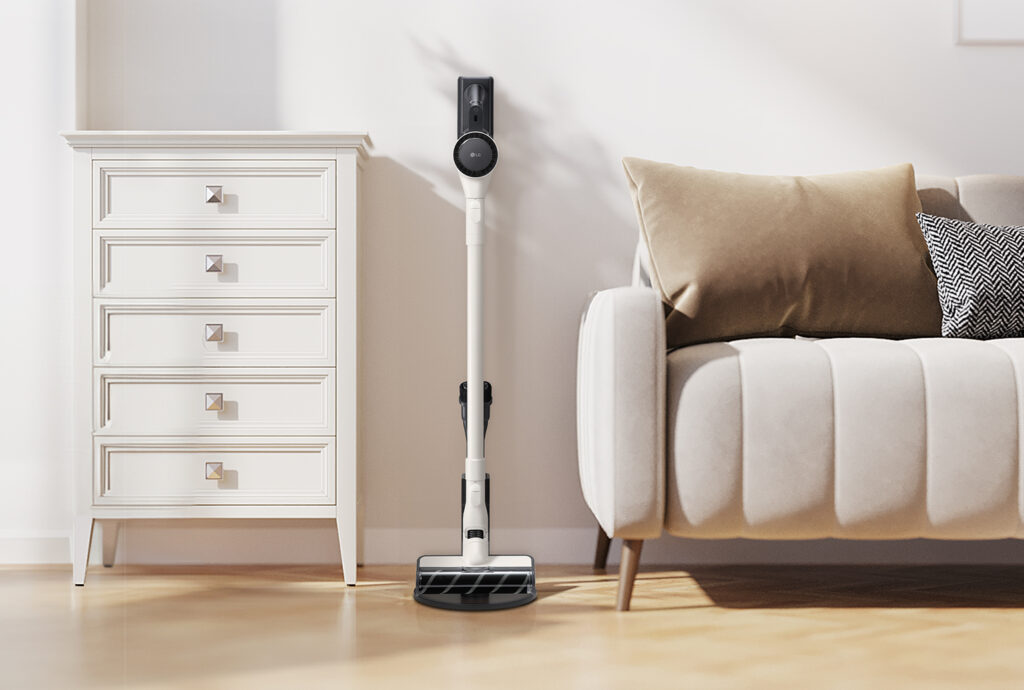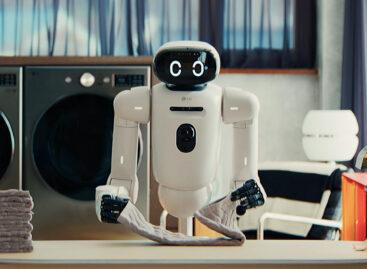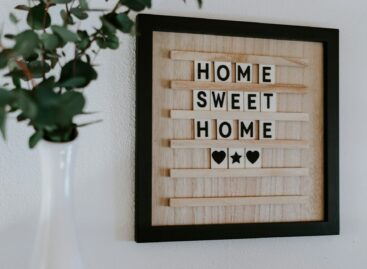Trademagazin > News and articles > Market News > This is what our cleaning habits reveal about us, according to a psychologist
This is what our cleaning habits reveal about us, according to a psychologist
🎧 Hallgasd a cikket:
Many of us experience that cleaning is not just a housework, but also a spiritual, psychological process: we not only clean and organize our living space, but also our thoughts and our souls. And this is no coincidence: our relationship with our home, order or even disorder says a lot more about us than we think. LG spoke with psychologist Bianka Fuller to find out what our habits reveal.
 One of the basic tenets of psychology is that the external environment and our inner world are closely connected.
One of the basic tenets of psychology is that the external environment and our inner world are closely connected.“If there is chaos around us, it often appears in our souls, while an organized, clean space calms us and can help us feel more collected,” said psychologist Bianka Fuller. “At the same time, it is also true that we all have different relationships with cleaning. For some, daily tidying is a guarantee of a sense of security, while others prefer to vacuum only when they really have to.”
In psychology, one of the most popular categorizations of personality types is the so-called Big Five model, which describes how we function along five basic dimensions: openness, conscientiousness, extraversion, agreeableness and neuroticism. These traits shape not only our thinking and relationships, but also our everyday habits, such as our attitude towards cleaning.
Conscientiousness: the world of the systematizers
Cleaning habits are most closely related to the conscientiousness dimension. Truly conscientious personalities are typically precise, organized and value cleanliness. For them, a tidy environment is a symbol of security, stability and efficiency. Frequent, meticulous cleaning is not a burden for them, but a natural part of everyday functioning.
Neuroticism: order as control
People who are more emotionally sensitive and prone to anxiety often use cleaning as a means of relieving stress. For them, external order provides an experience of internal control: if the apartment is clean and tidy, they feel less overwhelmed.
“Cleaning is a routine activity that does not require significant cognitive effort, so like other rituals, it can reduce anxiety and strengthen the sense of control. It can easily put us in a state of flow, during which we lose ourselves in the given activity, our perception of time disappears, and we enter a kind of calm, focused state, which improves our mood, reduces anxiety, and strengthens the feeling of efficiency. Therefore, it is no coincidence that many people feel the need to clean their living space during stressful periods”
– said Bianka Fuller. This kind of attitude often helps to calm down, but sometimes it can also lead to excessive attachment to a spotless environment.
Related news
Green transition on the air conditioning market
🎧 Hallgasd a cikket: Lejátszás Szünet Folytatás Leállítás Nyelv: Auto…
Read more >LG Unveils AI-Powered Home Robot at CES 2026
🎧 Hallgasd a cikket: Lejátszás Szünet Folytatás Leállítás Nyelv: Auto…
Read more >Trillion-dollar moves in the home loan market – what was the highest loan amount in 2025?
🎧 Hallgasd a cikket: Lejátszás Szünet Folytatás Leállítás Nyelv: Auto…
Read more >
More related news >
Related news
(HU) Átadták a SIRHA Budapest 2026 Innovációs Termékverseny díjait
🎧 Hallgasd a cikket: Lejátszás Szünet Folytatás Leállítás Nyelv: Auto…
Read more >How does the forint exchange rate affect consumer prices?
🎧 Hallgasd a cikket: Lejátszás Szünet Folytatás Leállítás Nyelv: Auto…
Read more >HELL CITY has arrived, led by Michele Morrone
🎧 Hallgasd a cikket: Lejátszás Szünet Folytatás Leállítás Nyelv: Auto…
Read more >








